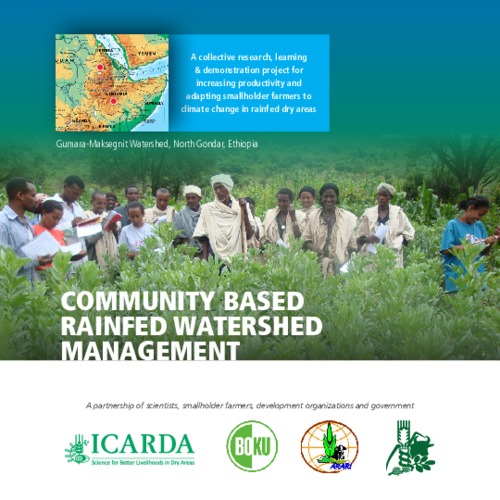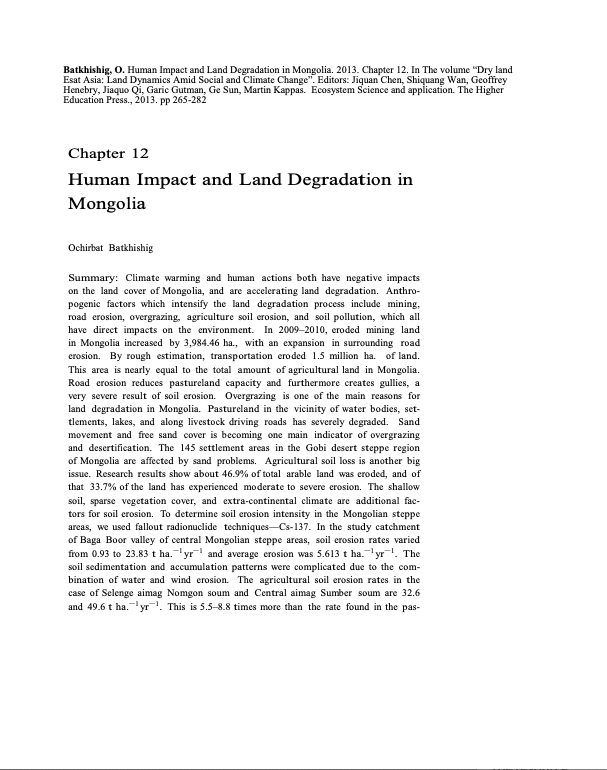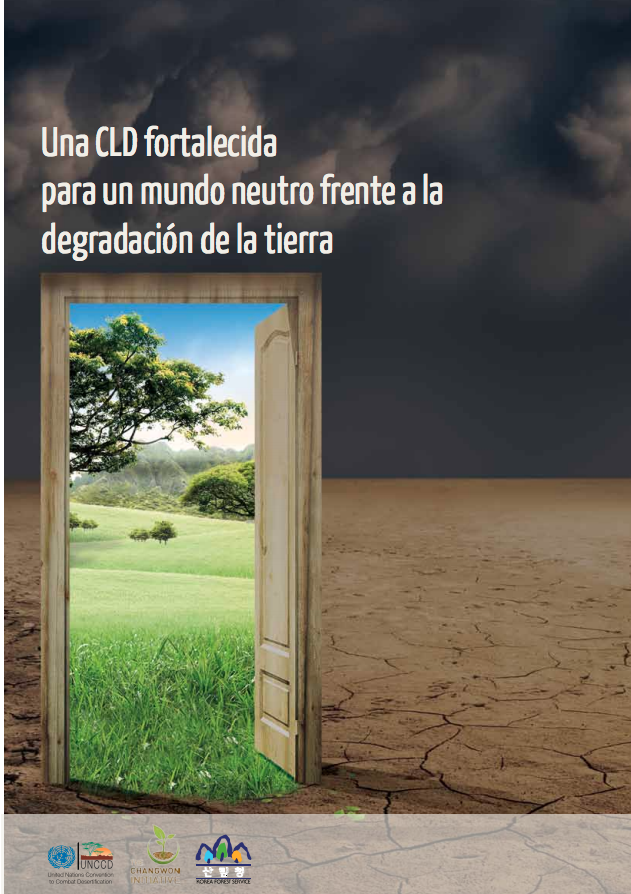Community based Rainfed Watershed Management
Brochure on "Community based Rainfed Watershed Management" project. A collective research, learning & demonstration project for increasing productivity and adapting smallholder farmers to climate change in rainfed dry areas.











